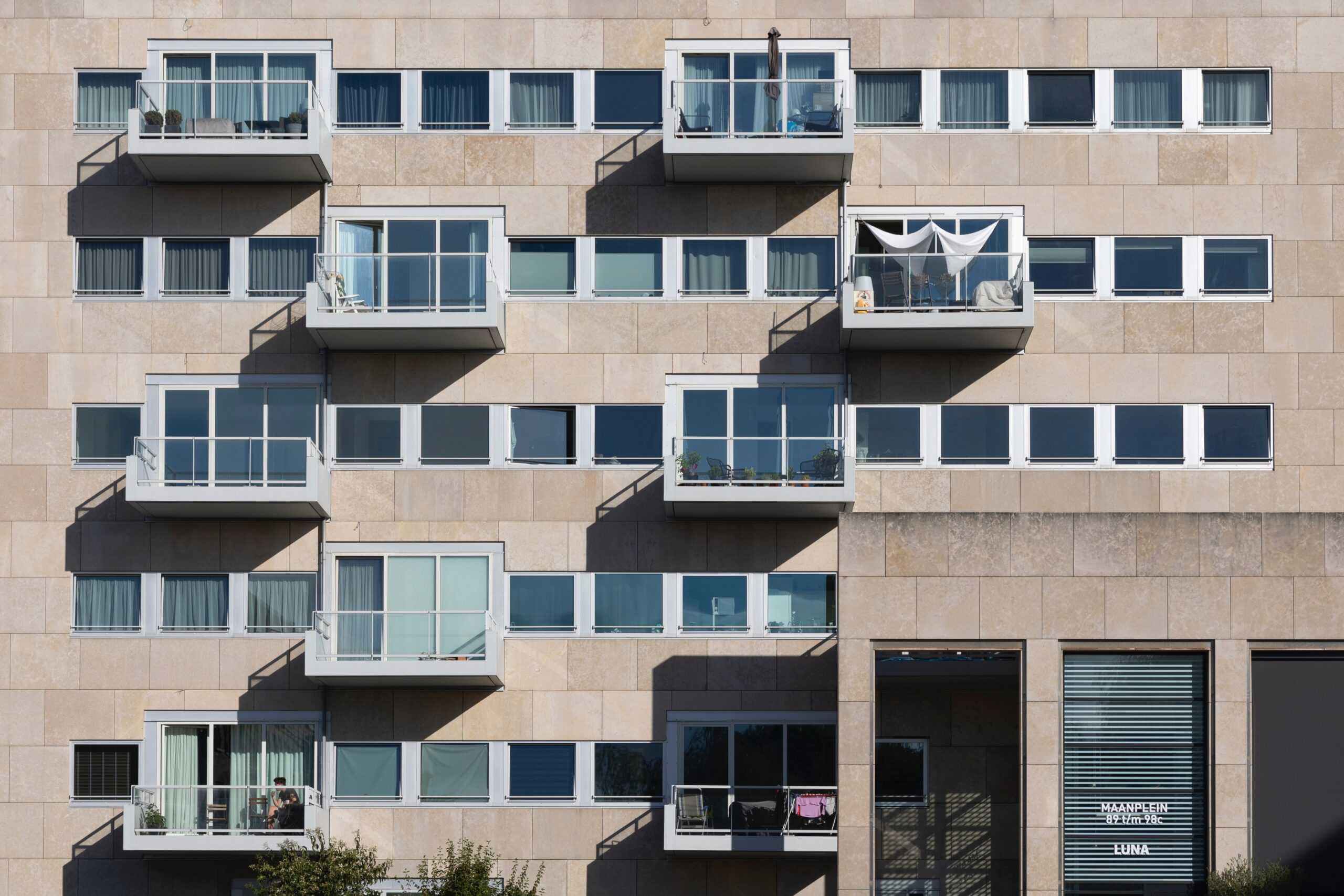Heat pump experiences: the pros and cons
Having doubts about buying a heat pump? This is understandable! After all, the purchase may be a big investment for you, and before you pull out your wallet, you naturally want to be 100% sure of your choice. To help you make your decision, we asked our customers for input. What are the pros and cons of a heat pump, what about the noise and does the heat pump work well during the winter months? Adlår answers all your questions!
Advantages of a heat pump
A heat pump heats the water going through radiators/floor heating, as well as the water you use from the tap and shower. There are many advantages to heating water through a heat pump, namely:
- You are kind to the environment: a heat pump generates far less CO2 emissions than a gas-fired central heating boiler.
- You consume less gas, resulting in lower monthly fixed expenses.
- Added to this is the fact that gas is becoming increasingly scarce. In the future, gas may become even more expensive!
- The temperature remains constant in your home. This is where a central heating boiler with radiators sometimes struggles.
- You provide value increase to your property.
- Important: in 2026, everyone is obliged to get a heat pump when your central heating boiler is due for replacement!
- You will have paid off the heat pump after +/- 5 years, because you use less gas.
- You are eligible for a grant.
- It is a safer alternative than a gas-fired system.


Disadvantages (and solutions to them) of a heat pump
Unfortunately, we have to be honest and critical here, because a heat pump also has drawbacks, namely:
- The purchase: whichever heat pump you take the cost usually starts around €2000. Want to know more or prices? Read our article on the cost of a heat pump.
- Important: it is recommended that a heat pump is always installed by a specialist. For this, you often have to incur costs as well. More info on this? Read our article on having your heat pump installed.
- The further investment: a heat pump works optimally with underfloor heating and, when possible, also with solar panels. This will give you the best efficiency. Don’t have both measures in place yet? Then you need to invest more than just buying a heat pump.
- The advice is also to have a well-insulated home. For example, don’t have a cavity wall with insulation? Then you will also need to invest in this.
- There is no place for your heat pump. For example, do you live in a flat and have a small balcony? Then, unfortunately, it is not possible to install a heat pump with outdoor unit.
- The sound of a heat pump. A heat pump always makes noise. Depending on how hard it has to work, the louder the noise will be. A good heat pump setting is also important. Find out more in our article on heat pump noise.
The dichotomy: heat pump with or without outdoor unit?
Good to know is that only a ground/water heat pump does not have an outdoor unit. All other heat pumps do! So if you really don’t want an outdoor unit, you have no choice and have to get a groundwater heat pump. Important: these are the most expensive heat pumps and for this you need a big investment to install it at all. After all, two wells need to be dug at the house and so this also means that not every house is suitable for a groundwater heat pump.
Would you like to know more about the Aurora ||? Our specialists will gladly clear up all your doubts and give you sound advice on the best choice for you. Fill in the question form for a free consultation and we will contact you soon!
Customer experiences: how does heat pump work in winter?
Our customers mention that the heat pump definitely does its job well in winter. However, because it is much colder outside than during the warmer months, the heat pump has to work harder. This means that more energy is needed to heat, the heat pump makes a little more noise than during warm months and it may take a little longer for the house to reach the desired temperature.
Tip from our customers!
- In winter, make sure you have a constant temperature. So leave it at, say, 21 degrees by default. This is because when the temperature is reached, the heat pump will not have to work as hard. It is precisely switching temperatures that makes the heat pump have to work hard and thus consume more energy and generate noise.
Customer experiences: what about heat pump noise?
The thing is, a heat pump does make noise. As described above, this is because it has to work to heat. It’s good to know, though, that there is legislation for producing noise, namely: heat pumps installed by 1 April 2021 may produce a maximum of 40 decibels of noise in the evening and at night between 7pm and 7am. During the day, the max is 45 decibels.
Tips from our customers!
- Choose a heat pump with that has a function for a night mode. That way, you can set it to automatically make less noise at night.
- Do not place the outdoor unit too close to the bedrooms of your house, because the further away the sound is, the less you will hear it. Especially at night when t is quieter, you want the sound of the heat pump to be as far away from the bedrooms as possible so you can have a good night’s sleep.
Aurora customer experiences Adlår Castra
Want to know what customers think of the Aurora II by Adlår Castra? Below are some satisfied reviews about our heat pump and its installation.
